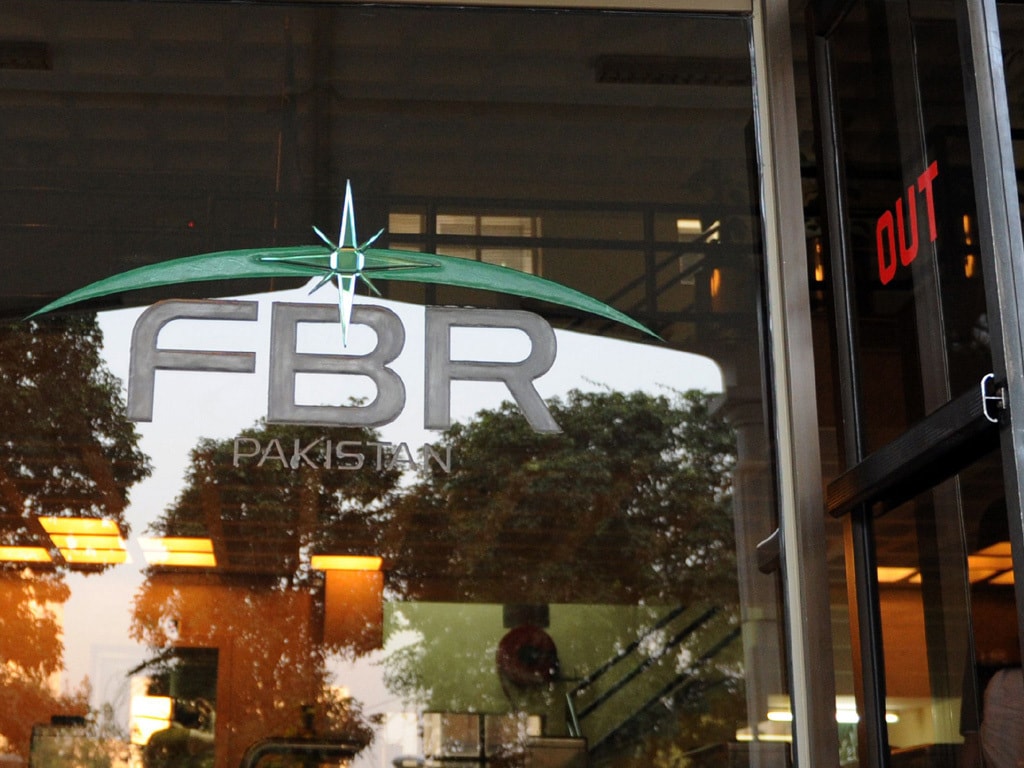Learn how the FBR can review tax decisions, correct errors, and ensure fairness while providing safeguards for taxpayers. Find out more about the review process.
The Income Tax Ordinance grants the Federal Board of Revenue (FBR) the authority to examine and review departmental records to ensure that decisions made by tax authorities are in compliance with the law and regulations. This provision allows the Board to assess whether any decisions or orders passed by tax authorities were made appropriately, and if necessary, take corrective action. However, this power is not unlimited and comes with certain safeguards to ensure fairness and transparency.
Purpose and Scope of the Power
The primary purpose of this power is to give the FBR the ability to review past decisions and ensure that they were made in accordance with the law. By examining departmental records, the Board can identify whether any errors were made in tax assessments or penalties and take corrective actions as needed. This power is intended to promote fairness, accountability, and consistency within the tax system.
The power is broad in that it allows the Board to initiate a review of any departmental proceeding on its own initiative, without needing an external request or complaint. This proactive approach helps to maintain the integrity of the tax system, ensuring that decisions are legally sound and that taxpayers are treated fairly.
Safeguards for Taxpayers
While the FBR is given significant authority, there are important safeguards in place to protect taxpayers from unfair actions. One of the key safeguards is that the Board cannot impose or enhance any tax or penalty beyond the original amount unless the person affected by the order is given the opportunity to show cause and be heard.
This means that if the Board decides to review a case and finds that the tax or penalty should be increased, the taxpayer must be given a chance to explain why the decision should not be altered. This could involve providing additional information or defending the original decision. By allowing the taxpayer to be heard, the process ensures that any increase in tax or penalties is not made arbitrarily and is based on a fair hearing.
Limitations on Review Process
There are certain situations in which the FBR cannot exercise this power. One of these is when an appeal regarding the case is already pending. If a taxpayer has already filed an appeal against a tax decision, the review process by the FBR cannot be initiated until the appeal is resolved. This restriction ensures that the appeal process is not disrupted or duplicated and maintains the integrity of the appeal system.
Another limitation is that the review process cannot be carried out after a certain period has passed. The FBR cannot make any orders under this power after three years from the original decision or order. This time limit helps prevent indefinite reviews and ensures that past decisions are finalized within a reasonable time frame. Once the three-year period has expired, the decisions made by tax authorities are considered final, offering closure to the taxpayer and ensuring the stability of the tax system.
Practical Implications
The power to call for records and review decisions is significant, as it allows the FBR to ensure that all decisions made by tax authorities are legal and appropriate. For example, if a taxpayer has been wrongly assessed a higher tax or penalty due to an error or misunderstanding, the FBR can intervene and correct the mistake. This provides a safety net for taxpayers who might otherwise face unjust penalties or assessments.
On the other hand, the safeguards in place, such as the requirement to give taxpayers an opportunity to be heard before any penalty or tax increase, ensure that the review process is not used to unfairly disadvantage taxpayers. It also prevents the FBR from making arbitrary decisions and provides a level of due process for those affected by tax decisions.
The power to review and call for records is an important tool for maintaining fairness and transparency in the tax system. By allowing the FBR to proactively review departmental proceedings, the tax system can correct any errors or inconsistencies that might have occurred in the decision-making process. At the same time, the safeguards—such as the requirement to allow taxpayers to be heard and the limitations on the timing of reviews—ensure that the process is fair and not subject to abuse. This balance between authority and fairness helps to build trust in the tax system and ensures that both taxpayers and tax authorities are held accountable for their actions.







